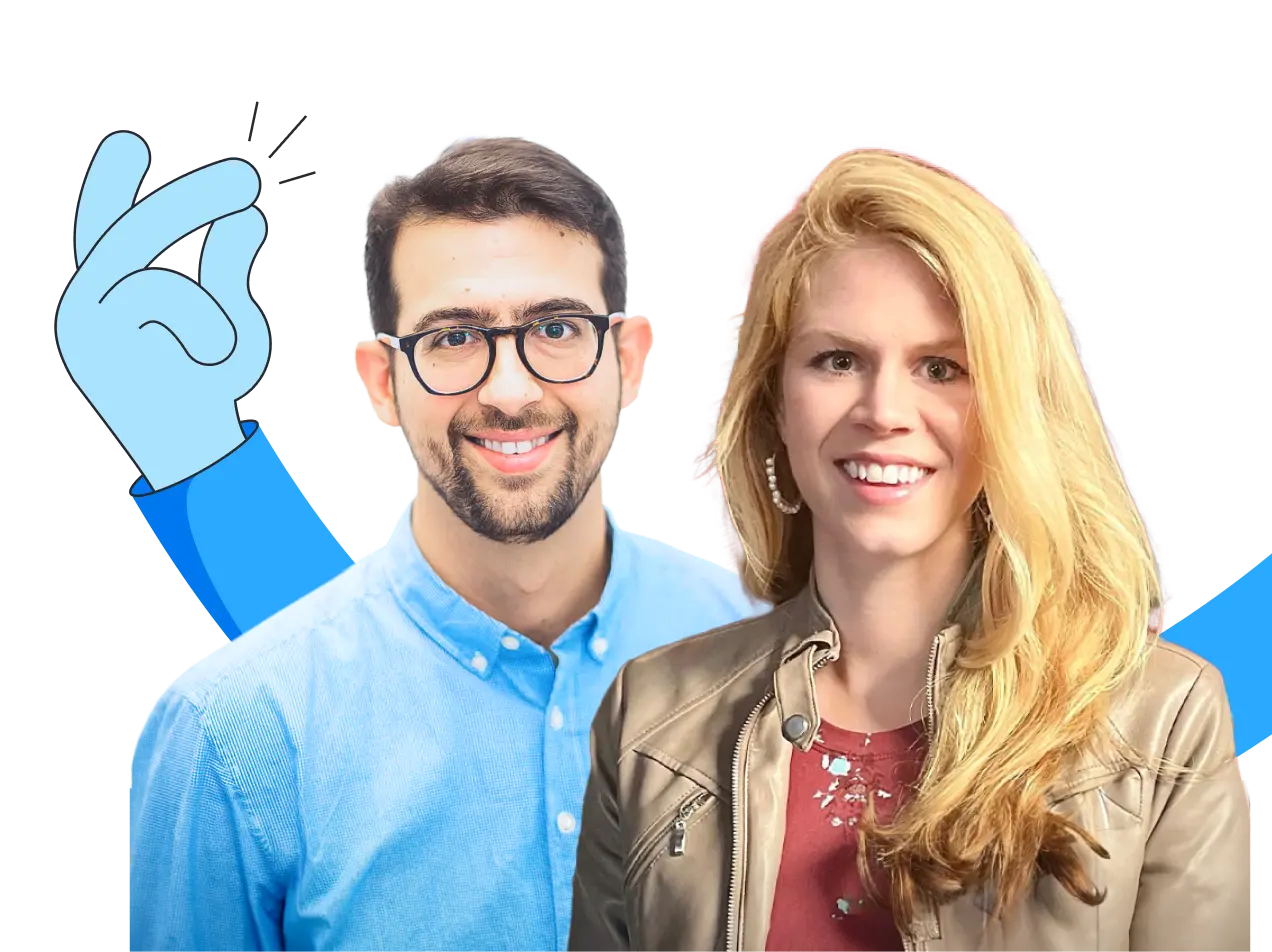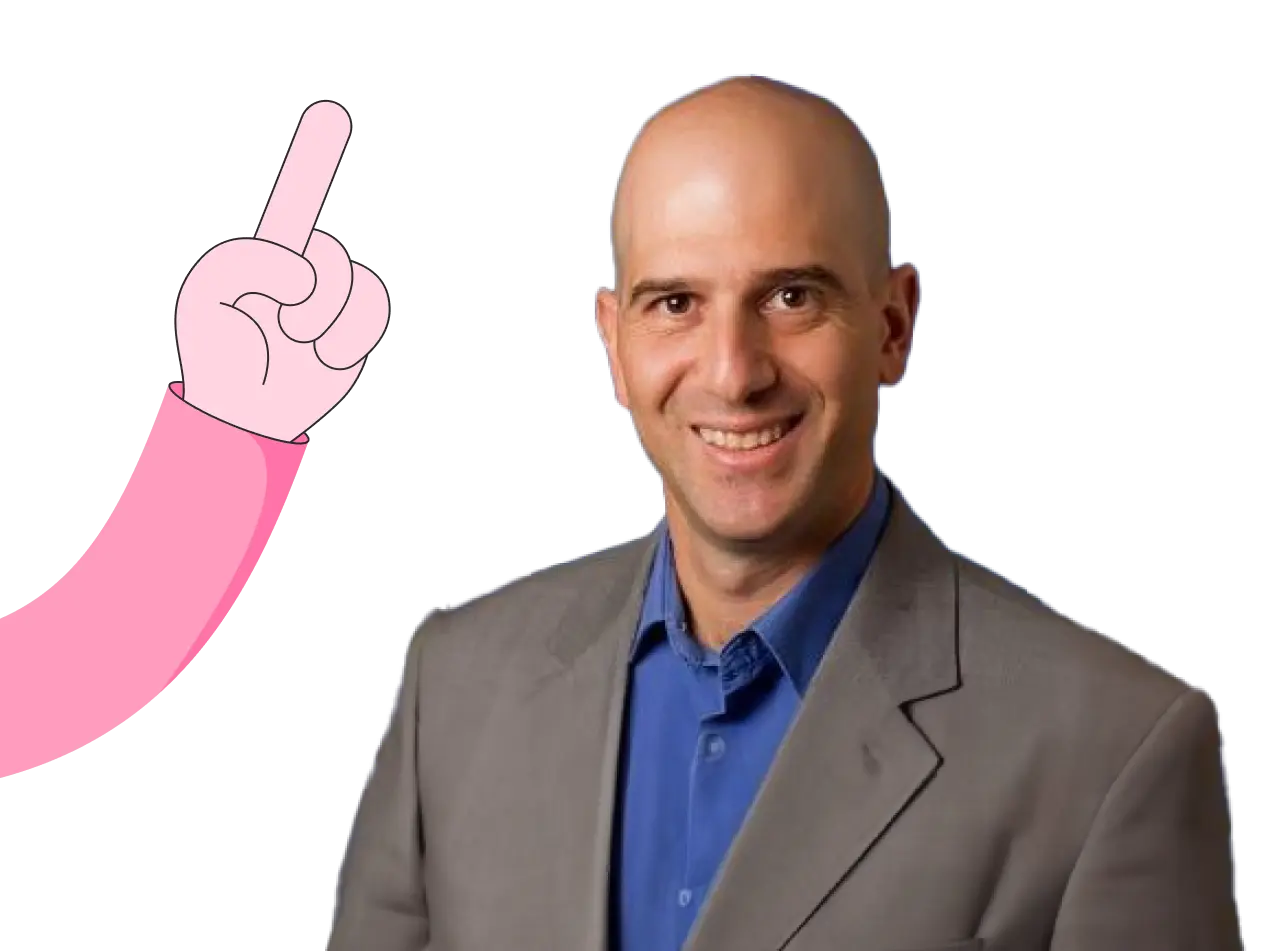Gainsight increases their win rate by 25%
Featured Story
Software companies that trust Demostack worldwide
is saying about
Demostack
"Gainsight’s sales team has achieved an impressive 8% increase in close-win rates by leveraging Demostack-powered demos. Demostack demos closely replicate the look and feel of our actual products and are easy to customize."
 David GreeneSr. Manager, SC Enterprise at Gainsight
David GreeneSr. Manager, SC Enterprise at GainsightSynack cut demo build time from 100+ hours to under 10 with Demostack. Before, we spend on average 20% of our week on demo building & maintenance . That's 1 working day per week on just demo hygiene!
 Tim NordvedtSolution Architect at Synack
Tim NordvedtSolution Architect at Synack“With Demostack, our Solution Consultants (SCs) have become significantly more efficient, as Account Executives (AEs) now have access to customized, ready-to-use demos at their disposal.”
 Rob De MarcoVice President of Solutions Consulting at Xactly Corp
Rob De MarcoVice President of Solutions Consulting at Xactly CorpDemostack's Sandbox helped us cut the sales cycle by 50%. Now, both Enterprise and SMBs now buy us in just 4 months, compared to 9 months.
 Hanan LevinVP Sales at Hunters.Security
Hanan LevinVP Sales at Hunters.Security"With Demostack, over 200 partner users can independently demo our product without concerns about accidentally breaking our demo environment. Demostack allowed us to easily create a demo environment that is 99% indistinguishable from our actual platform, the only solution on the market that could do that."
 Sarah GoldsteinHead of Product Marketing + GTM at Cyrebro
Sarah GoldsteinHead of Product Marketing + GTM at Cyrebro“The platform experience is very intuitive and allows us to manage different versions of the demo environment well. It helps drive a consistent experience for all stakeholders, driving better business outcomes.”
 Sudipto KarSenior Solutions Consultant at Gloat
Sudipto KarSenior Solutions Consultant at Gloat“We used Demostack for a multi-million dollar RFP and it allowed us to showcase the value of our product with a much stronger story in the demo. That was all the ROI we needed in one call."
 Bryan RowlandDirector of Solutions Architecture at BlueVoyant
Bryan RowlandDirector of Solutions Architecture at BlueVoyant“I was sold on Demostack within the first 20 minutes of walking through it just knowing all the pain points I’ve had over the years of standing up a demo environment. You’re constantly having to chase down other teams to keep it updated with fresh data and content, and the maintenance becomes just as time consuming as setting it up in the first place. I haven’t seen any other tools that come close to the value that Demostack provides.”
 Joe Buchanan VP of Sales Engineering at Hunters
Joe Buchanan VP of Sales Engineering at Hunters“Demostack is our dream demo environment. Before customizing our dashboards and analytics to tell a story of WalkMe's impact was impossible. With Demostack we can easily edit graphs and showcase data-driven product stories for any deal. It's a total game changer for us.”
 Matthew BigelowDirector of Global Revenue Enablement at WalkMe
Matthew BigelowDirector of Global Revenue Enablement at WalkMe
Show your best product demo for every use case
Get a personalized demo and see our platform in action.






